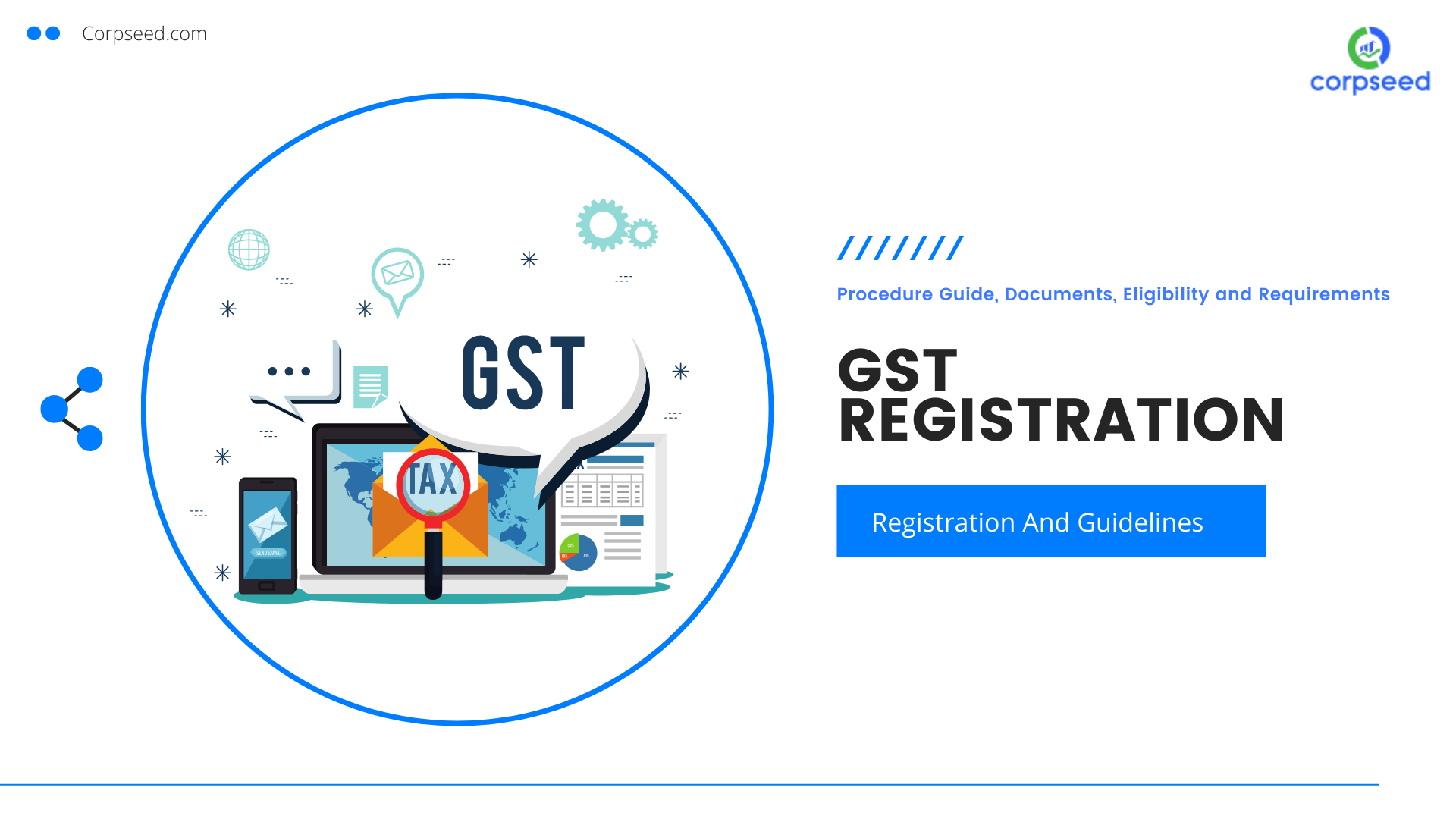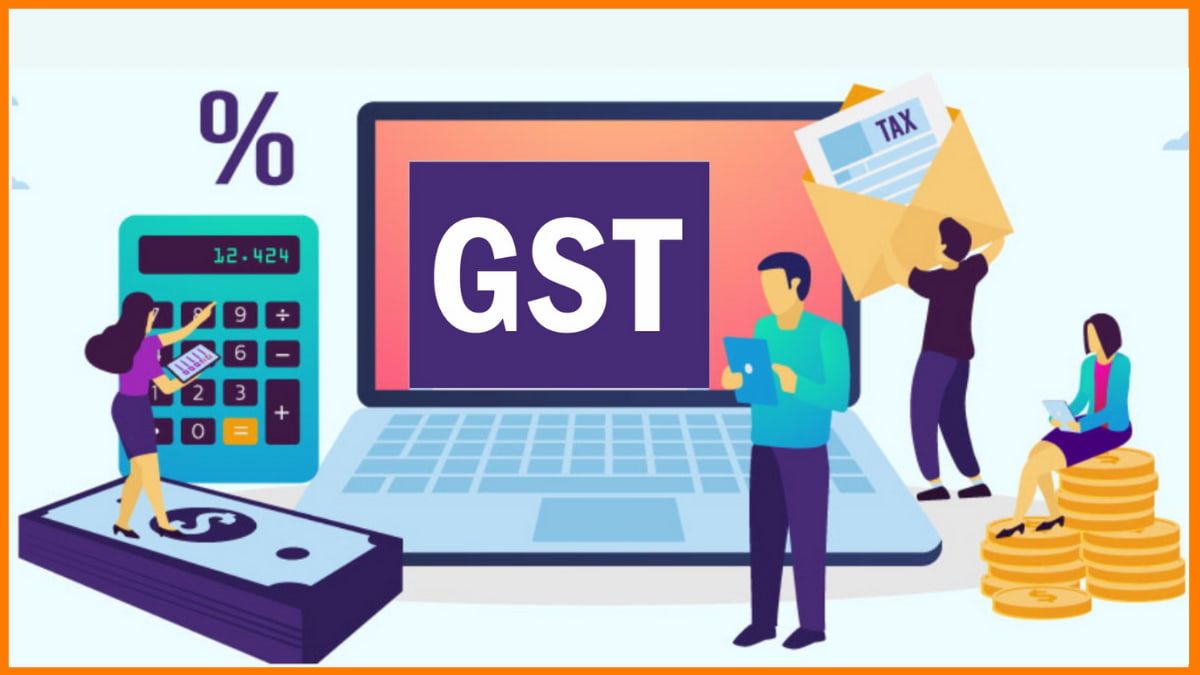Top Tips for a Smooth Singapore GST Registration Experience
Top Tips for a Smooth Singapore GST Registration Experience
Blog Article
The Ultimate Overview to Streamlining the GST Registration Process and Needs for Local Business Owners

Recognizing GST Essentials
To grasp the basics of the Goods and Solutions Tax (GST) system, small company proprietors need to initially comprehend its underlying effects and concepts. GST is a value-added tax obligation imposed on most items and solutions for domestic consumption. It intends to enhance the tax procedure by changing several indirect taxes enforced by the state and central governments. Under the GST program, organizations are needed to collect and sign up tax obligation in behalf of the government, making certain transparency and compliance.
One of the crucial principles of GST is input tax obligation credit score, which allows companies to claim credit score for taxes paid on their acquisitions. This system stops the plunging impact of taxes and promotes efficiency in the tax obligation system. Furthermore, GST is a destination-based tax obligation, suggesting that the tax is levied at the point of usage as opposed to the point of origin. This ensures reasonable distribution of tax income amongst states based on where the goods or solutions are consumed. Comprehending these standard principles is vital for local business proprietors to navigate the complexities of the GST system and guarantee compliance with the regulation.
Qualification Standards for Registration
Having established a fundamental understanding of GST concepts, local business proprietors should now meet particular qualification criteria to wage the registration process. In India, entities participated in the supply of products or services with an annual aggregate turnover surpassing Rs. 40 lakhs (Rs. 10 lakhs for unique group states) are needed to sign up for GST. Additionally, specific companies such as those associated with inter-state supply of products, casual taxable individuals, and those required to pay tax obligation under the reverse fee device should register for GST irrespective of their turn over. Additionally, services that were signed up under the previous tax obligation regime (VAT, service tax, etc) are additionally mandated to sign up under GST. Agricultural businesses that just supply create out of main manufacturing are exempt from GST registration. It is essential for company owners to thoroughly analyze their eligibility based upon these standards to ensure compliance with the law and prevent any type of fines for non-compliance.
Papers Needed for GST Registration

Simplified Enrollment Refine Steps
Following the collection and site here verification of the requisite papers, the enrollment procedure for GST can be browsed through a series of streamlined actions developed to assist in reliable compliance for small company proprietors. The primary step includes seeing the GST site and picking the 'New Registration' choice. Ultimately, the candidate has to complete Part A of the GST REG-01 form with information such as PAN, mobile number, and email address to obtain an OTP for confirmation. As soon as the OTP is received and gone into, a Momentary Reference Number (TRN) is created for more procedures. The next action needs completing Part B of the form with essential company details, publishing supporting documents, and finishing the confirmation process utilizing DSC or EVC. Upon effective verification, an Application Referral Number (ARN) is released, indicating the completion of the GST enrollment procedure. By complying with these simplified steps, local business proprietors can properly register for GST and guarantee conformity with tax guidelines.
Tips for Ensuring Compliance
To preserve governing adherence and functional honesty, attentive oversight and proactive measures are essential in making sure conformity with GST demands for little company proprietors. Small service owners have to stay updated with GST regulations, submitting target dates, and any changes in tax obligation prices to avoid charges and preserve a great standing with tax authorities. see this Attending GST recognition workshops or training programs can enhance understanding and compliance with GST laws, ultimately profiting the company in the long run.
Verdict
Finally, little business owners must understand the basics of GST, meet the eligibility requirements, gather essential records, and comply with the simplified registration process actions to make certain conformity. By streamlining the GST enrollment process and requirements, small organization owners can prevent charges and operate their services smoothly within the legal framework - Singapore GST Registration. It is crucial for local business owners to stay enlightened and certified with GST regulations to preserve an effective business procedure
Tiny organization owners seeking GST registration have to ensure they gather and submit the needed documents to complete the registration procedure successfully. The records needed for GST registration normally include evidence of company registration or consolidation, FRYING PAN (Irreversible Account Number) card of the business address, identity and entity evidence of the promoters/partners/directors, photos, address evidence of the location of business, bank account statements or canceled cheques, and consent forms. Attending GST awareness workshops or training programs can enhance understanding and conformity with GST guidelines, inevitably profiting the Extra resources service in the long run.
By simplifying the GST registration procedure and needs, tiny organization owners can stay clear of penalties and run their businesses efficiently within the legal structure. It is essential for small service owners to remain educated and certified with GST laws to preserve a successful company operation.
Report this page